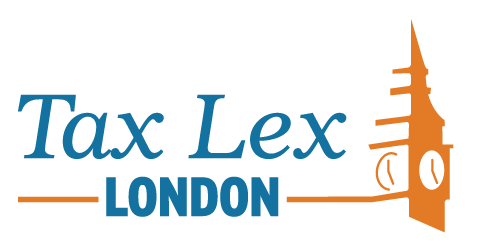Rumours circulate over HMRC crackdown on eBay and Etsy sales
Rumours have been circulating online that HMRC is set to crack down on tax avoidance on sales of goods on the likes of eBay and Etsy, but the basic rules haven’t changed, and anyone who was trading on one of these sites should always have been declaring their earnings to the taxman.
What has changed is that from January 1, 2024, these sites are obliged to provide information to HMRC on sellers operating through the site before January 2025. So, if you have been using these sites to sell items and generating income that should have been taxed, you should get in touch with your accountant to find out what you need to do as soon as possible.
Confusion arises because many people will sell items they no longer want or need on eBay, for example, and in most of these cases there is no tax to be paid. But if you buy goods with the intention of selling them, or you make a capital gain on what you’re selling, then there could be tax to pay.
When would you need to pay tax?
In a useful update, HMRC has outlined the various scenarios that you may find yourself in if you are selling items on one of these sites, and when you would be most likely to need to pay tax. For example, if you are selling items that you own – perhaps because you are clearing out a shed or an attic – then this is likely to be a one-off activity, and you will most probably sell the items for the same or less than you bought them for. In this case, you wouldn’t need to pay tax.
However, let’s say you sold some unwanted clothes or other items you had in the house online to either raise money or simply reduce clutter in your home. You find that you are quite good at getting a good price for these items and decide to start buying items at car boot sales or elsewhere, and then sell them online for a profit. The original sale wouldn’t be considered trading, but the later sales would as you’re deliberately buying goods to sell. In this case, you could be liable to pay tax.
You would also be considered trading if you buy and then sell model cars – another HMRC example – or other items, or you import goods to sell online for a profit. You would even be trading if you make homemade gift cards that you sell online regularly with the intention of making a profit from them.
What other ways might you be liable to tax online?
There are other ways you might be selling that could leave you open to a tax charge. One would be if you are selling online services, such as teaching a language over Zoom or Teams, for instance, or if you generate revenue by offering other services online, such as proofreading. This may not be a service you offer through the likes of eBay or Etsy, but you would be liable to pay tax on income you generate from it just the same.
In fact, any online marketplace – which includes a website or a mobile phone app – would be considered as such by HMRC if any kind of transactional trading takes place on it. These online marketplaces will soon be generating copies of your transaction history that you can get hold of to check your liabilities yourself, but that will also be sent to HMRC directly under a wide-ranging set of internationally agreed guidelines. So, make sure you know if you are expected to pay tax on these transactions, and prepare for it accordingly so you don’t have any nasty surprises.
Are there any allowances?
One thing to consider is that there are certain allowances you might be able to benefit from if you are selling goods online. For example, if your total income from selling goods or services online was less than £1,000 before you take off any costs or expenses, then you wouldn’t need to tell HMRC about it or pay any tax on this.
This is because that amount comes under the Trading and Miscellaneous Income Allowance – which also gives you a £1,000 allowance for any property income under the same legislation. But if the amount you generate is above this, then you would need to inform HMRC and pay any tax due.
Remember though, you also have the Personal Allowance, which for the 2023/24 tax year is £12,570 per year. If you don’t have a full-time job, or you earn less than this across all the ways you generate income each year, then you would still have no tax to pay. But you must still register with HMRC and file a self-assessment return each year.
If you don’t know how to do this, or need to register and file a self-assessment return, you can find more information on Gov.uk
Contact us
If you are unsure whether any of your activities could generate a tax liability, then please get in touch with us and we would be delighted to help you understand your tax position.
